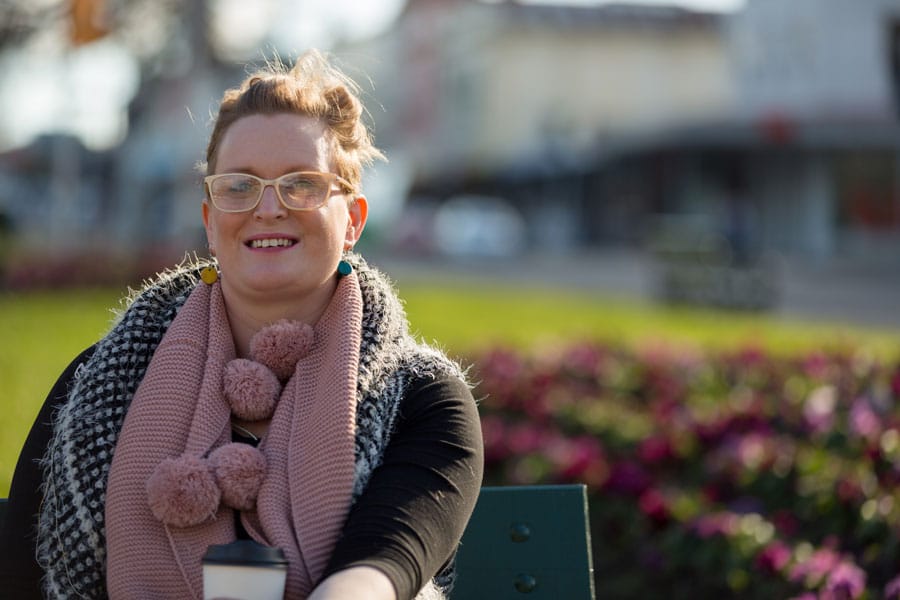Aboriginal and Torres Strait Islander people should be aware that this article may contain images, voices and names of people who have passed away.
On the route that I usually took for my regular afternoon walk, I came across two boulders. They were sitting side by side like an elderly couple watching the sunsets together for many decades. On one of the boulders was engraved: ‘Recognising the past leads to a better future’.
On February 13th, ten years ago, the 26th Prime Minister of Australia made an apology to Indigenous Australians. An apology on behalf of those who mistreated Indigenous Australians and recognising the hurt and pain caused to the Stolen Generations.
Forgiveness is costly, but mistakes and bad decisions will be common for as long as we breathe and walk on this planet. However common it is, and whatever the reasons we have, what we do next should not be intended to justify wrongdoing. Rather, it’s about what we do with those mistakes and how we find ways to deal with our regrets.
I was reminded of how closely related it is to recognising my past, in the journey to better my relationship with alcohol. My behaviour under the influence of alcohol is not one that I’m proud of. For years I have been in denial that alcohol helps me to function better, relate to others better or to enjoy the evening better. Until it became apparent to me that drinking alcohol had become my identity. It was a toxic relationship. I’m a five-foot-tall woman; I bragged about how much alcohol I could take in, and made a show of it to win the approval of my peers. As a result, what used to be fun nights turned into regretful nights. There was a time when I wasted my whole weekend to get over the hangover. This cycle continued until a cost had to be paid for the damage I’d done.
There is a Japanese art of repairing broken pottery, called Kintsugi. This technique involves gluing broken pieces of pottery with gold in order to recreate a new piece out of the broken parts. It is an art of accepting our past to rebuild our future.

Kintsugi, the art of repairing broken pottery.
This might be as relatable to you as it is for me. How can we learn to see mistakes and regrets in order to piece them together with the golden glue of healing? What do we do to repair those broken parts and restore the broken pottery of our future? What actions would you take to repair the past?
A few ideas that I find helpful would be to practise self-care, surround myself with positive people, learn the art of letting go and find 10 moments of happiness in my day.
Everyone is on a different journey with their relationship with alcohol. Whether you are in the contemplation stage or the maintenance stage, or even the relapse stage, we hope this beautiful boulder reminds you that acknowledgement is part of moving forward.

Although the apology speech was given on 13 February, our National Sorry Day is held on May 26 each year. This day gives people the chance to come together and share the steps towards healing for the Stolen Generations, their families and communities.

